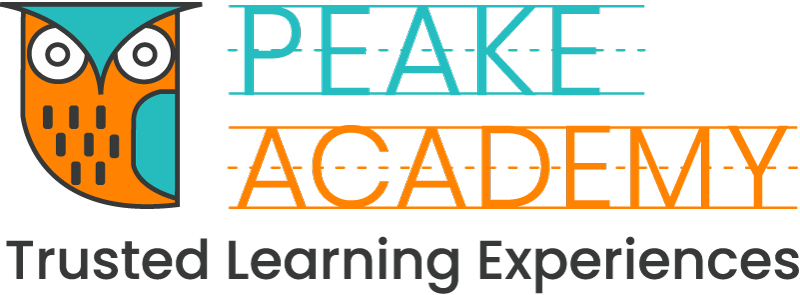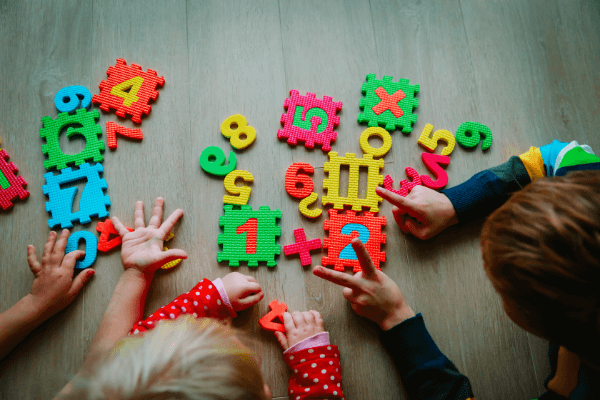3 Things My Preschooler Should Know
It is an exciting time watching your child grow and learn. Seeing the world through their eyes as you witness their development, you naturally have the great desire for them to succeed.
Many parents have concerns in their minds about what their child should be able to do and not do during the Preschool age. Knowing children thrive at the opportunity to learn and explore in a way that resonates with them, and not expected to know everything emotionally and academically going into kindergarten.
Here are 3 things your Preschooler should know
Verbalize Wants And Needs
Your child is watching and listening to your conversations. They absorb how you communicate within your tone and body language. How you ask for things, greet and share your opinions with friends and family are a few examples of moments where they are observing you. During the developmental preschool stage, your child can appropriately convey their likes and dislikes. Additionally, greeting their friends with a hello and sharing ideas of what to play are also opportunities they can master.
Recall improves at the Preschool age. Your child can remember her full name and address in an emergency. They also retell the stories they hear. Their own stories might become longer and more involved. Provide directions that involve two or three steps, and they should be able to complete all of them.
Though your child can express their likes, opinions, and ideas, they still need guidance sharing their thoughts appropriately. We want our children to express themselves, but they still need support in discerning pausing before speaking and learning cause-effect at times of their words.
How To Handle a Book & Reading Readiness
Most 4-year-olds are also starting to figure out how books work. Not so much read it, but rather can identify that the front of the book is the cover, hold it upright, turn the pages, and locate the text. Your little one will most likely know that reading goes from the left to the right side of the page. Reading the books through viewing the pictures is a way to start reading independently. Preschool age is an incredible time where their imagination takes off.
This age group also starts to learn more about sounds and letters. Your child may recognize some letters and understand that they make a different sound. Preschoolers begin to identify rhyming words and tell if two words have the same beginning sound.
Children at this age thrive on repetition when it comes to learning, especially with building their foundation to read. Reading the same book repeatedly, sing-a-long books, 'I Spy Books', etc.
According to Scholatics:
"Early readers focus on very short books that are light on text and heavy on pictures and illustrations. As they become more confident, children can transition to kids' chapter books — stories that are long enough to be divided into chapters, but not as extensive or complicated as a novel. Chapter books still feature illustrations, but fewer than early readers' picture books. Generally speaking, children become ready to transition to kids' chapter books at around age 7 or 8."
Starting to Use Math Knowledge
Your child will start to show signs of math awareness. For example, they might recognize some of the numbers, develop counting skills, and count ten or more objects. That's a little different from just reciting numbers. Matching a number with an object to count requires a grasp of basic math skills.
Understanding that addition is "putting together and adding to," and subtracting is "taking apart and taking from." Students do not need to write equations at this young age but are encouraged to explore them. At this stage, Preschoolers also start to understand the concept of time better than before.
Don't expect your child to read a clock, but they will find it easier to understand things. For example, knowing what happens in the morning versus what happens at night will help them in their daily routine.
Your child's developmental milestones are at an individual pace and remember that kids all develop in unique ways.
Thank you for reading this content. Subscribe to our Weekly Newsletter. We occasionally send resources of great value and freebies and we would love to send them to you for free!
Visit our Parent Advisor and The Buzz Blogs to learn more about related topics and parenting tips. You are welcome to join our private Parent Advisor Facebook group. It’s a growing community of parents and preschool teachers where you can learn and share more parenting tips.



